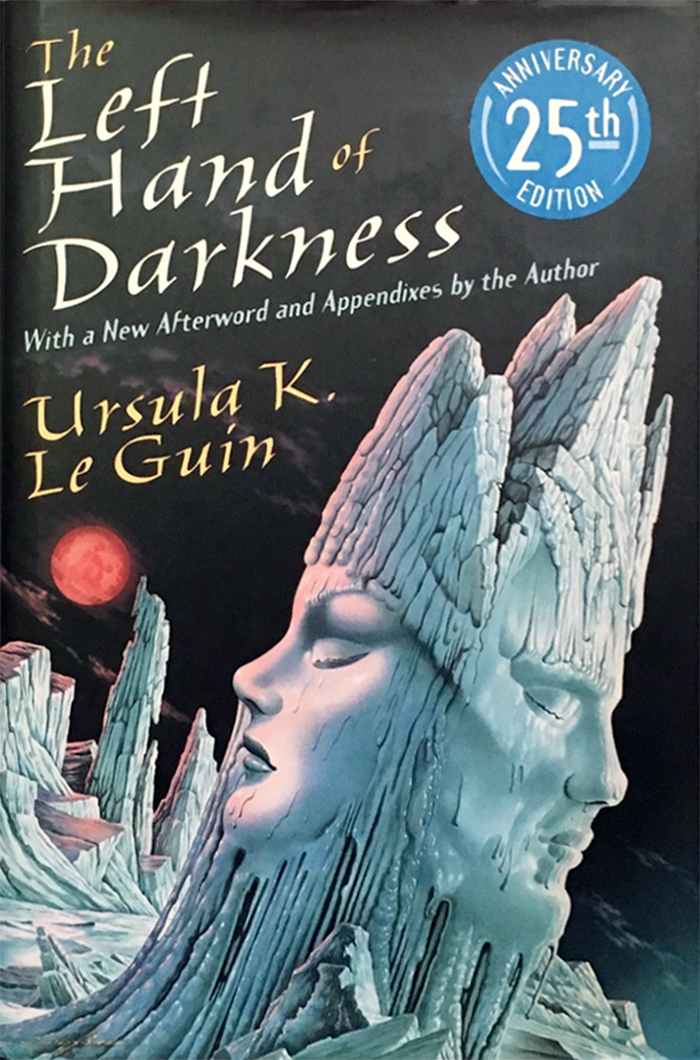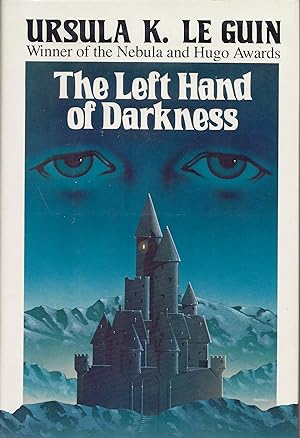

Genly, who is a male from Earth, also finds there is plenty he does not understand about the people on Winter. This last quirk helps explain why the inhabitants of Winter find it so hard to get their heads around the fact that Genly Ai has come down from the stars to try to convince them to join the Ekumen, a trade and knowledge-based federation of human-occupied planets.

Travel is normally conducted at walking pace and nobody flies anywhere. Industrial development has been glacially slow. There's a lot of squabbling and back-stabbing, for instance, but there's never been a war. Perhaps because of Winter's climate (the cold is always the most important enemy) or perhaps because of its lack of definitely masculine or feminine urges, the planet has developed differently from the other 82 worlds known to be inhabited by humans. Once a month they enter "kemmer", a period in which they can develop either male or female sexual characteristics, father a child, or become pregnant: "burden and privilege," as Le Guin puts it, "are shared out equally".

Winter, the ice-wrapped world she presents, is populated by humans – but humans who are neither male nor female. Le Guin herself has described the book as a "thought experiment". But The Left Hand Of Darkness, which won the Hugo award in 1970, marks a significant shift – both because Ursula K Le Guin was the first female winner of the prize and because a good part of its premise is based on playing around with gender. Even Robert Heinlein had a look at sexual equality in Starship Troopers. True, many of them demonstrated a fondness for big-breasted airheads who are perplexingly eager to service whichever goaty old man is standing in for the author – but Frank Herbert, Robert Zelazny and Philip K Dick all featured independent strong female characters. It would be unfair to say that the winners of the Hugo award for best novel were all sexist before 1969.


 0 kommentar(er)
0 kommentar(er)
